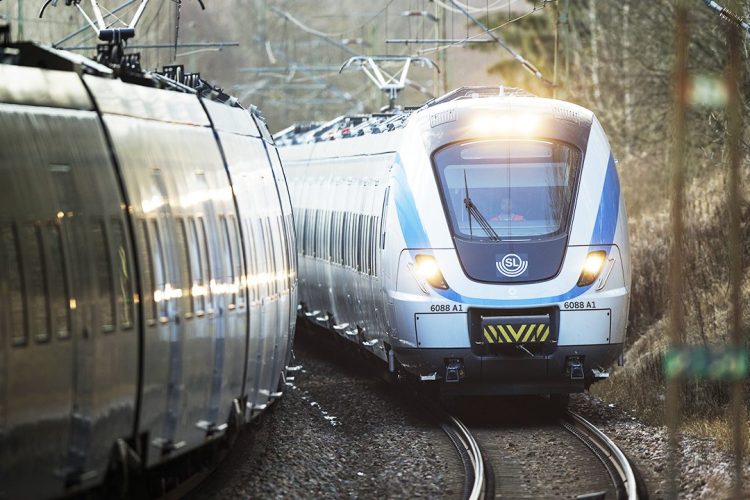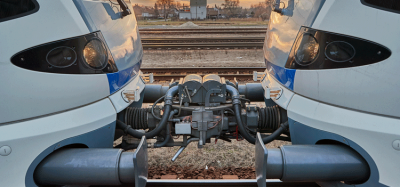Swedish Railways: New report shows how rail disruption affects industries
Posted: 7 June 2024 | Emily Budgen | No comments yet
A new report by Swedish Railways (SJ) has found that rail disruption significantly affects other industries financially.


In a recent report, Swedish Railways has examined how twenty large industrial companies are affected by transport problems. The report shows that one in four companies is affected by disruptions, stoppages or lack of capacity in the railway system in a way that either directly threatens investment and expansion or leads to large additional costs and in the long term leads to factory closures.
One fifth of freight transport in Sweden goes by rail. For many industrial companies, there are no alternatives to the train because the amount of goods, the weight, the distance or the receiving customer require rail transport.
In the report Industrial brake or industrial lift? a quarter of the surveyed industrial companies state that they are affected by disruptions, stoppages or lack of capacity in the railway system in a way that directly threatens investment and expansion or leads to large additional costs and long-term threats to future production. In addition, every second industrial company is affected by costs due to traffic disruptions, for example in the form of extra storage.
The transport problems have a negative impact on industrial investment, which is particularly true of the basic industry, which may face a drastic investment slowdown without an investment in upgrading and expanding the railway. The industry faces two scenarios depending on whether the rail system’s deficiencies persist or are addressed. The gap between these scenarios could mean a difference of SEK 320 billion in value added for the industry in 2050, which corresponds to 3 percent of Sweden’s GDP in 2050.
“For a country like Sweden, a well-functioning transport system is a prerequisite for international competitiveness,” said Monica Lingegård, CEO of SJ and chairman of Tågföretagen. “We see a great need for the reliability of the railway to increase, both so that the companies can deliver their goods and to be able to recruit the right skills. It is clear that many companies experience train delays as an obstacle to their employees’ commuting opportunities and the opportunity to attract new labour.”
“This report adds further knowledge about the consequences of the shortcomings in the railway system and what it means for Swedish industry,” added Henrik Dahlin, CEO of Green Cargo and vice chairman of Tågföretagen. “The railway may become a factor that determines whether our industrial sector faces a stagnation scenario or a growth scenario with a growing contribution to the national economy. The growth scenario requires that the deficiencies in the railway system be remedied urgently.”
Seminar
The report was presented during a seminar where, in addition to the report author, Lars Jagrén, the following people also participated to comment on the conclusions in the report:
- Karin Johansson, vice president of Swedish Business Administration
- Per Amund Ruth, head of production planning and logistics SSAB
- Anna-Karin Larsdotter, Manager Transport Department Hitachi Energy
- Erik Weiman, chairman of the Moderates’ group on infrastructure
- Gunilla Svantorp, Member of Parliament in the Transport Committee and traffic policy spokesperson for the Social Democrats
The full report is available here.
More Like This
Bridge strengthening project in Glasgow set to reach milestone
Rail Baltica: Cornerstone laid at Ülemiste passenger terminal
CN launches new firefighting trains to help protect supply chain
Global Railway Review Autumn/ Winter Issue 2025
Welcome to 2025’s Autumn/ Winter issue of Global Railway Review!
The dynamism of our sector has never been more apparent, driven by technological leaps, evolving societal demands, and an urgent global imperative for sustainable solutions.
>>> Read the issue in full now! <<<







